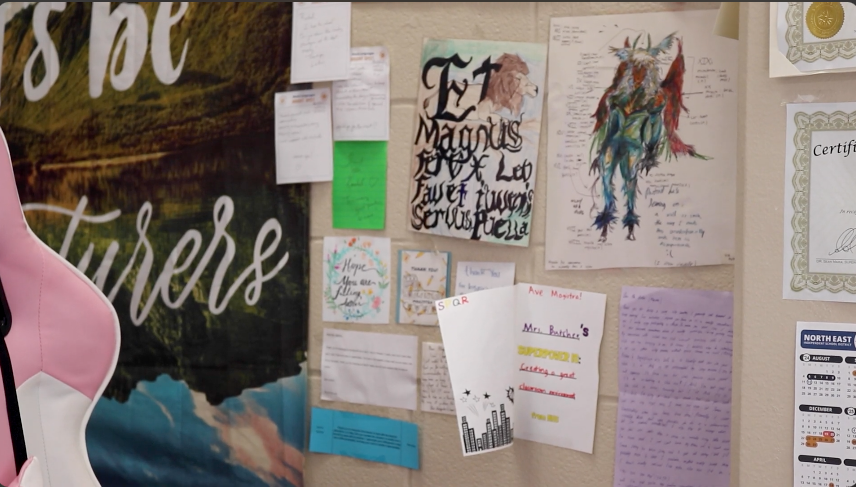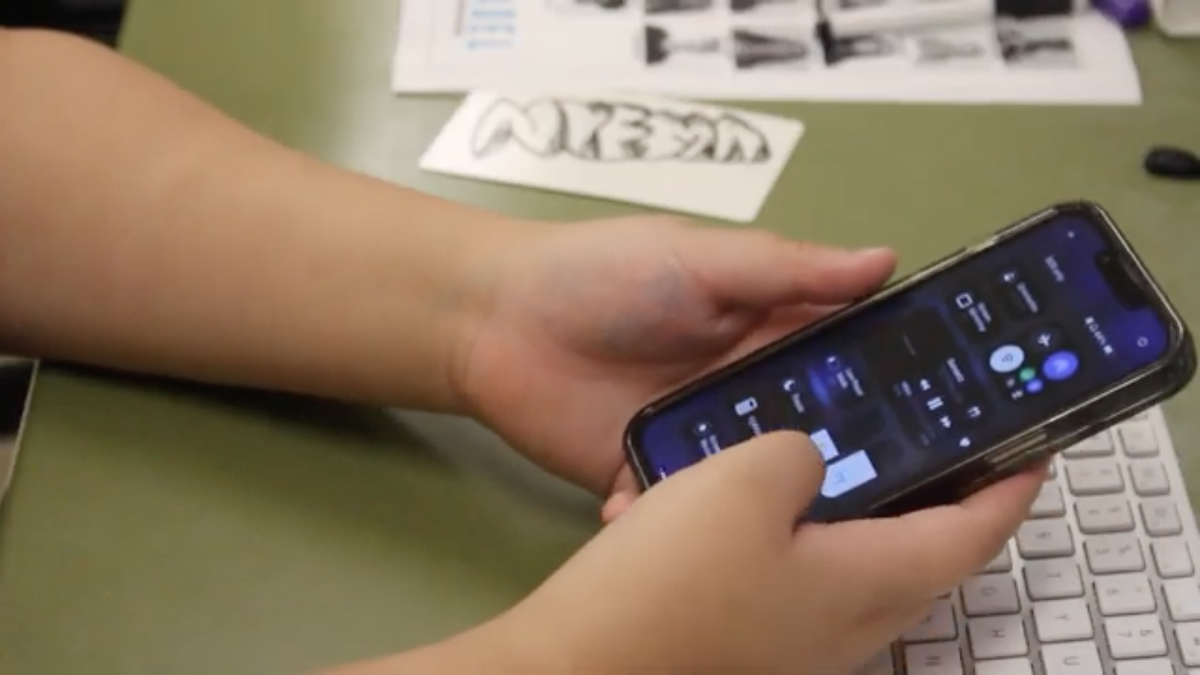Lauryn Chavez | sports editor
Although only two years of foreign language are required, teachers still encourage students to take additional language courses to further benefit the student over time.
“Once you get into that third year of language things start to click, and that’s where you usually get to start creating with language. So if you stop at two years you don’t get to that point, you don’t really get much out of those basic memorized things and that’s why you should keep going,” AP Spanish teacher LeAnn Henderson said. “ For me, Spanish is super, and all languages help you understand the world better. You get to know other cultures and it’s gonna help with job applications and those kinds of things that we all know, but as far as I’m concerned, it’s so much fun that why would you not want to keep doing it.”
Taking extra language courses while students are still in high school can benefit students later in college by taking advanced placement and dual credit courses.
“I’ve taken five consecutive years of Spanish, including middle school, and two consecutive years of Latin, and it’s really all because of how much I love world languages,” junior Madelynn Mayer said. “Language learning has always come very easily to me, so not only would I enjoy the classes themselves, but I’d enjoy the benefit of GPA multipliers and an interesting transcript.”
While taking extra foreign language classes isn’t necessary, students can receive achievements to put on their college and even job applications in the future.
“If you take four years of a language here in Texas you can get a seal of biliteracy on your transcript which shows that you’ve set yourself apart and you’re well on your way to being able to use that language at a job,” Henderson said. “Colleges are gonna look at that just like employers do. Colleges look at students that show that they can go over and above and it’s gonna give you better edge of getting into a college that might be difficult to get into.”
Amongst the advantages of taking foreign language classes, Mayer says it’s a great way to meet new people and it’ll be something she plans on using while visiting countries.
“Besides the obvious AP benefits, I’ve been able to meet so many amazing people who I never would’ve interacted with if I didn’t know how to speak Spanish,” Mayer said. “Plus, now I’d be able to communicate in many of the countries I want to travel to one day, and the fact that I’m bilingual will help me a lot in getting a job.”
Learning another language in high school is possible for many of Henderson’s students.
“I think the greatest thing is that people who do all 4 years feel very confident in their abilities and they go on to keep using that language whether they study it more in college or they use it in their jobs,” Henderson said. “I just have so many former students that let me know ‘hey I kept going with this’ or ‘hey I used this in my job’. It just becomes a part of who you are, you have that as something you’re able to do and I think if you stop too early, if you stop after just the minimum requirement then you’re just cheating yourself out of a really cool skill that you can get in high school.”








